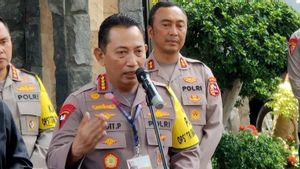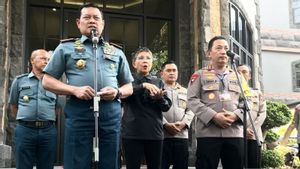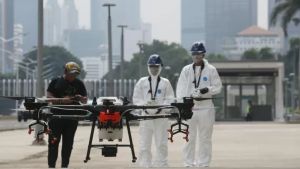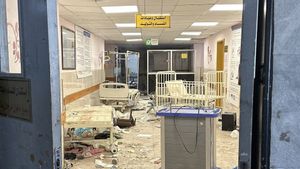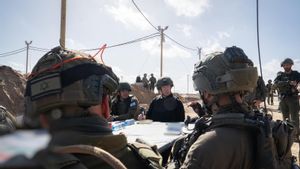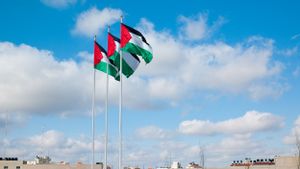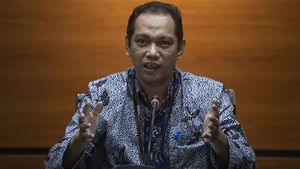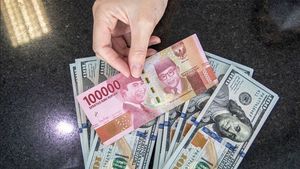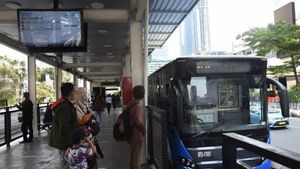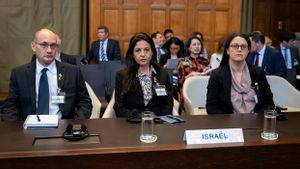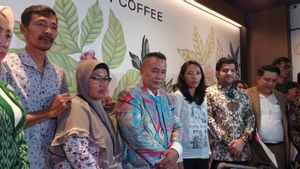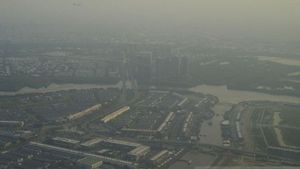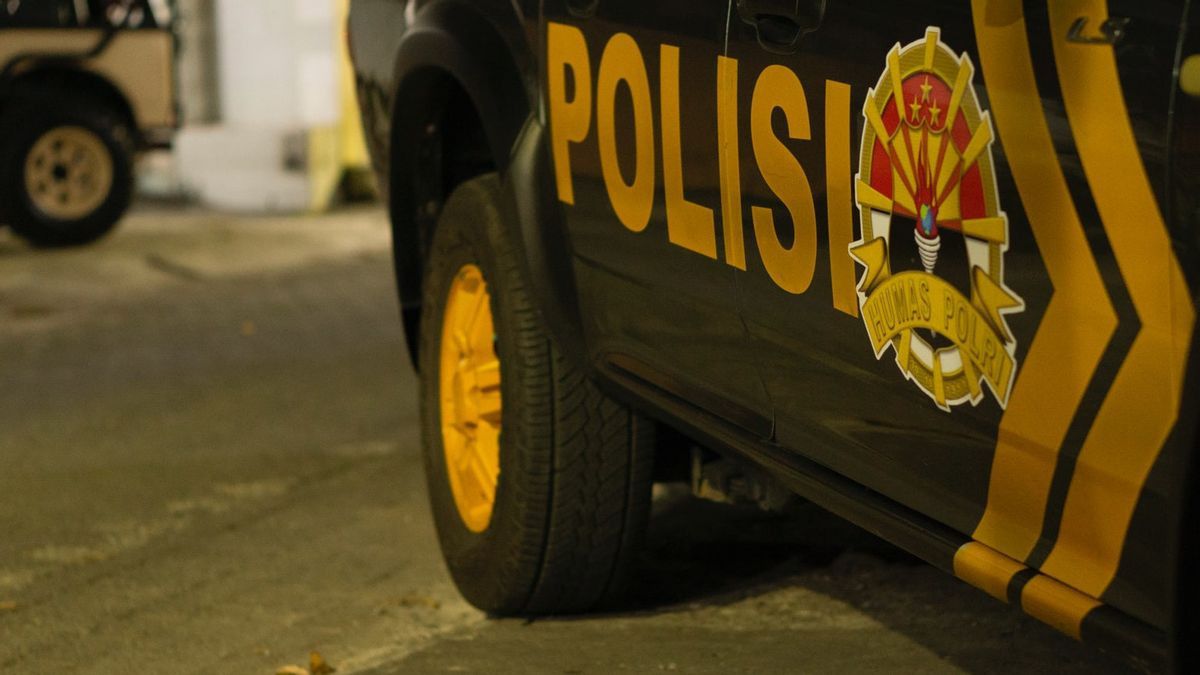
YOGYAKARTA Did you know that Indonesian Police (Polri) members are prohibited from engaging in practical politics? There are even practical political police sanctions that will be imposed on members who are proven to have violated the law.
Approaching the 2024 political year, active members of the National Police are strictly prohibited from engaging in practical politics. In fact, election participants are also not allowed to tighten the members of the National Police and even the TNI. When the regulation is violated, there will be sanctions imposed.
Sanctions imposed on both police and TNI who were proven to be involved in campaigning in the form of one year in prison and a fine of Rp. 12 million, as stipulated in Law No. 7 of 2017 concerning Election Article 494.
"Every state civil servant, member of the Indonesian National Army and the Indonesian National Police, village head, village apparatus, village and / or member who violates the prohibition as referred to in Article 280 paragraph (3) shall be punished with imprisonment for a maximum of 1 (one) year and a maximum fine of Rp. 12 million," reads Article 494 of the Election Law.
The Election Law also regulates the prohibition of implementers, participants, and campaign teams participating in elections to involve TNI and Polri soldiers in campaign activities. In addition, the apparatus is also not allowed to take certain actions that are detrimental to or benefit campaign activities.
It doesn't stop there, the Police and the TNI are not allowed to vote in the election. They must be neutral and not use their political rights as long as they are still active.
"In the election, members of the Indonesian National Army and members of the Indonesian National Police did not exercise their right to vote," said article 200 No. 7 of 2017.
In addition, there are also other rules related to the prohibition of the involvement of the Police in practical politics, namely the Chief of Police Regulation (perkap) No. 14 of 2011 concerning the code of ethics of the Police Profession Article 6 letter H which states that every member of the National Police must be neutral in political life.
In addition, Article 12 letter (E) states that every member of the National Police is prohibited from engaging himself in practical political activities.
For information, the ban on the involvement of the TNI and Polri in practical political activities emerged from the Old Order era. At that time, the TNI, which was still called the Armed Forces of the Republic of Indonesia (ABRI), was involved in politics which made Abri break up and not solid.
After that, during the New Order era, Abri received a seat in parliament (DPR/DPRD and MPR) even without an election process but was appointed directly. This was done so that ABRI could be solid again and could stand above all groups. Unfortunately, ABRI is actually used as a power-winning. Even ABRI has a role in the political mechanism in the country, including supervising and intervening in election activities.
관련 항목:
As a step of completion, the government corrected the involvement of soldiers and police in politics. ABRI, who become TNI and Polri, no longer has the right to vote in elections. Currently, these two institutions are purely state tools according to their respective functions.
That's information related to police sanctions in practical politics. Visit VOI.ID to get other interesting information.
The English, Chinese, Japanese, Arabic, and French versions are automatically generated by the AI. So there may still be inaccuracies in translating, please always see Indonesian as our main language. (system supported by DigitalSiber.id)



